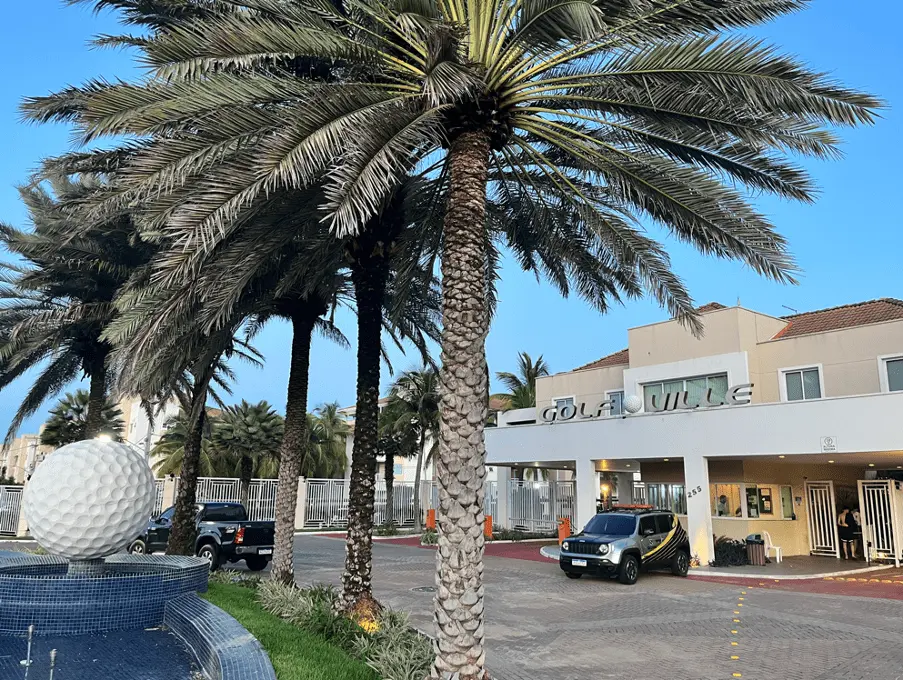Brazil’s center class abandons President Lula as his insurance policies pile prices on them, authorities statements verify.
In Could 2025, Lula raises the IOF tax on worldwide card purchases from 3.38% to three.5%, producing R$20.5 billion ($3.6 billion). This hits vacationers and web shoppers, shrinking budgets.
Electrical energy payments rise 1.4% to fund the Tarifa Social, releasing 60 million low-income Brazilians from funds, the Ministry of Mines and Vitality states. Center-class households bear these prices, stirring anger as 2026 elections close to.
In 2023, Lula reinstates PIS/Cofins taxes on fuels, climbing gasoline costs by R$0.47 per liter, the Federal Income Service stories. This raises commuting and items prices, pinching middle-class wallets.


Tax reforms tighten exemptions for low-income earners, lowering advantages for middle-class taxpayers, Finance Minister Fernando Haddad notes. This cuts disposable revenue for 50.1% of households, categorized as center class.
Companies face IOF charges on credit score climbing from 1.88% to three.95%, curbing funding, the Federal Income Service signifies. Corporations go prices to customers, inflating costs and threatening jobs.
Why Brazil’s Center Class Is Turning In opposition to Lula
A 2024 invoice mandates minimal pay and pensions for gig employees, the Ministry of Labor confirms. Drivers protest decrease earnings, whereas ride-sharing prices rise for middle-class customers.
Lula’s group labels these “tax justice,” concentrating on loopholes, Haddad claims. But, they sidestep vitality lobbies, whose photo voltaic subsidies—tripling adoption from 2021–2024—elevate grid prices for non-solar households.
Fraud Scandal Pushes Lula Down South American Recognition Rankings
Brazil’s fiscal guidelines freeze R$31.3 billion ($5.5 billion) in 2025 spending, with 14.75% rates of interest including strain, Central Financial institution information reveals. Lula prioritizes income, sparing influential teams.
Center-class voters fume as polls present Lula’s disapproval surging, authorities sources report. Companies warn taxes might spike costs, business leaders state.
Lula juggles fiscal wants and electoral targets, however middle-class frustration grows. With 2025 development projected at 2%, Brazil faces financial uncertainty, official forecasts warn.